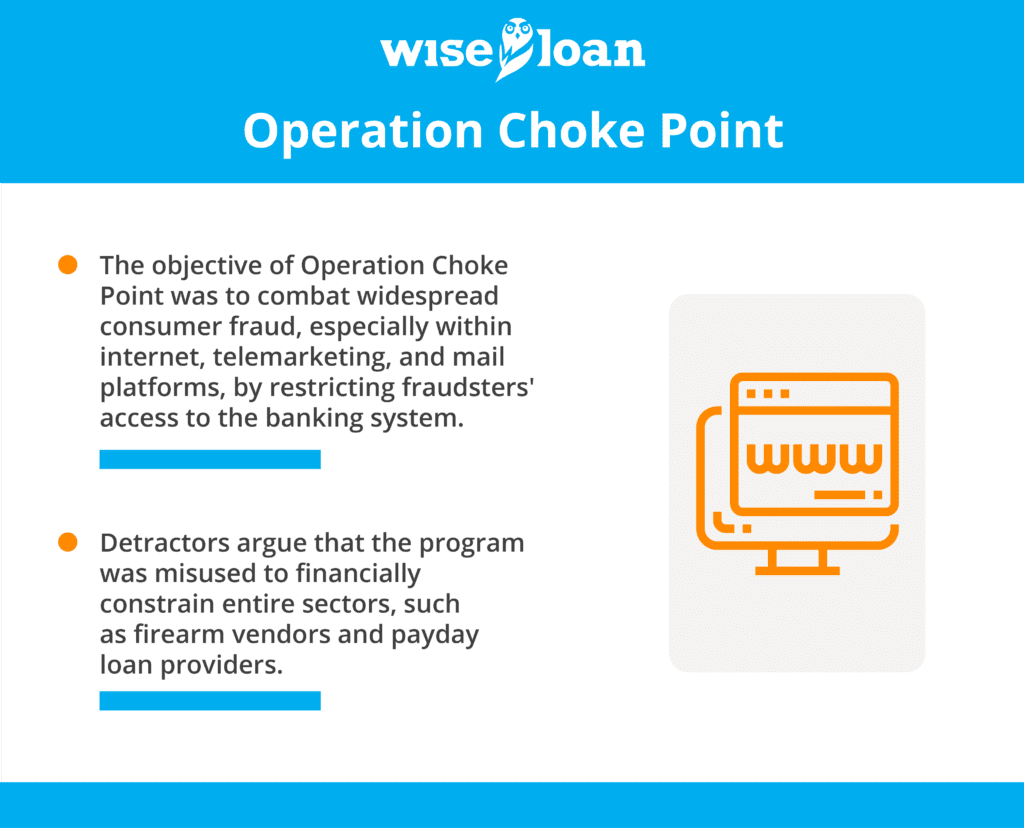On May 11, 2016, Google unveiled its strategy to prohibit the advertisement of “payday loans” on its Adwords platform, a pay-per-click (PPC) system:
“We are announcing a forthcoming change that will take effect on July 13, 2016: the prohibition of ads for payday loans and certain related products across our advertising systems. Ads for loans requiring repayment within 60 days of issuance will no longer be permitted.
In the United States, we will also disallow ads for loans featuring an Annual Percentage Rate (APR) of 36% or higher. Our policy review has revealed that these loans often lead to unmanageable payments and elevated rates of default among users. As a result, we are enacting global policy updates to align with this finding.”
The announcement took many within the short-term online lending industry by surprise, as it appeared to align with the ongoing Operation Choke Point initiated by the United States Department of Justice in 2013. The objective of Operation Choke Point was to combat widespread consumer fraud, especially within internet, telemarketing, and mail platforms, by restricting fraudsters’ access to the banking system. Detractors argue that the program was misused to financially constrain entire sectors, such as firearm vendors and payday loan providers.
The situation prompts a question: what is the underlying issue?
Undoubtedly, numerous payday loan companies have garnered negative reputations, often justifiably due to practices like exorbitant interest rates exceeding 700% APR, obscured fees, perplexing terms, subpar customer service, deceptive advertising, and overly assertive debt collection strategies. Operation Choke Point seeks to eliminate such misbehavior, yet its unintended consequence might be the imposition of increasingly stringent regulations that hinder new lenders, including entities like Wise Loan, which possess alternative lending perspectives, from offering their services.
The reality is that higher-interest loans serve a purpose. According to a recent study by the Corporation for Enterprise Development (CFED), approximately 56% of Americans have subprime credit scores. This implies that over half of the average American population is unlikely to secure loans from traditional banks. However, having below-average credit does not preclude individuals from facing occasional financial needs, such as emergency vehicle repairs, medical bills, or unforeseen expenditures.
Responsible lenders like Wise Loan have emerged to address these needs. These direct payday loan lenders, Wise Loan included, levy interest rates surpassing 36%, often much higher. The justification for these rates lies in the higher risk associated with lending to this particular demographic of Americans. The Washington Post reported that Goodwill Industries, a nonprofit organization, had to set a 252% APR for its lending experiments from their storefronts merely to break even. Even the Federal Reserve has remarked, “With the exception of the ten to twelve million people who utilize them annually, virtually everyone despises payday loans.”
Thus, does Google truly hold negative views about payday loans and other high-interest lending?
Possibly.
However, it still permits PPC advertising for other harmful industries, such as online gambling.
Moreover, Google has directly invested in Lending Club, and its venture capital arm, Google Ventures, has supported LendUp, both prominent online lenders.
Additionally, the most conspicuous and lasting outcome of the prohibition is its potential to bolster established lenders, as it places substantial entry barriers for new enterprises by removing the ability to purchase advertisements. This shift compels a greater reliance on Search Engine Optimization to attract clients, thereby providing established lenders an undeniable advantage.

The Consequence
Irrespective of Google’s actual motives, the prohibition is unlikely to halt high-interest lending. Established firms might enjoy expanded market shares due to the change. Moreover, it may not eradicate unscrupulous players, but it could complicate consumers’ efforts to locate them.
At Wise Loan, our strategy remains constant: furnishing loans in a customer-friendly and efficient manner, providing funds within affordable parameters, rewarding sound repayment histories with reduced rates over time, reporting positive payment records, instituting our NestEgg savings program that offers customers cashback for timely repayments, developing tools to educate customers about financial matters, and persistently pursuing technological advancements to enhance our services and decrease costs progressively.
The recommendations contained in this article are designed for informational purposes only. Essential Lending DBA Wise Loan does not guarantee the accuracy of the information provided in this article; is not responsible for any errors, omissions, or misrepresentations; and is not responsible for the consequences of any decisions or actions taken as a result of the information provided above.











